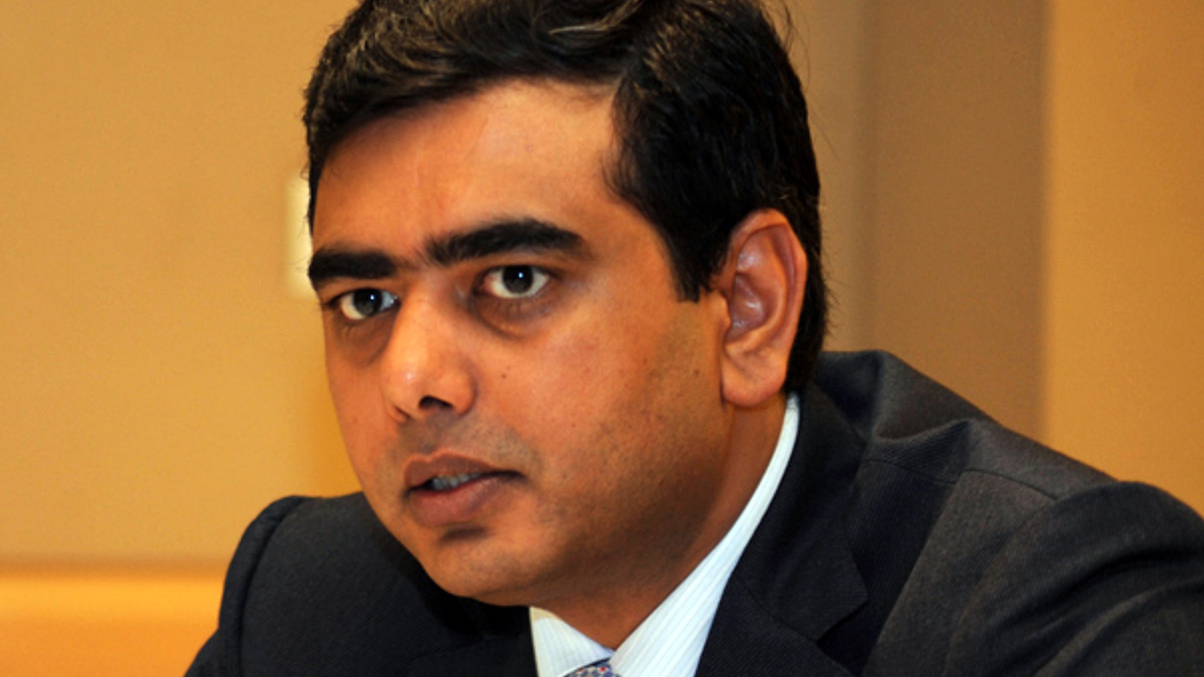Middle East should be part of Asia, not Emea: Qatar officials
Global fund houses should help to strengthen Asia-Middle East links by taking the ‘mea’ out of Emea, say senior executives from the Qatar Financial Centre Authority.

Asset management firms tend to categorise the Middle East as part of their Europe and Africa businesses, but the Qatar Financial Centre Authority (QFCA) argues that this is the wrong approach.
Sign in to read on!
Registered users get 2 free articles in 30 days.
Subscribers have full unlimited access to AsianInvestor
Not signed up? New users get 2 free articles per month, plus a 7-day unlimited free trial.
¬ Haymarket Media Limited. All rights reserved.


